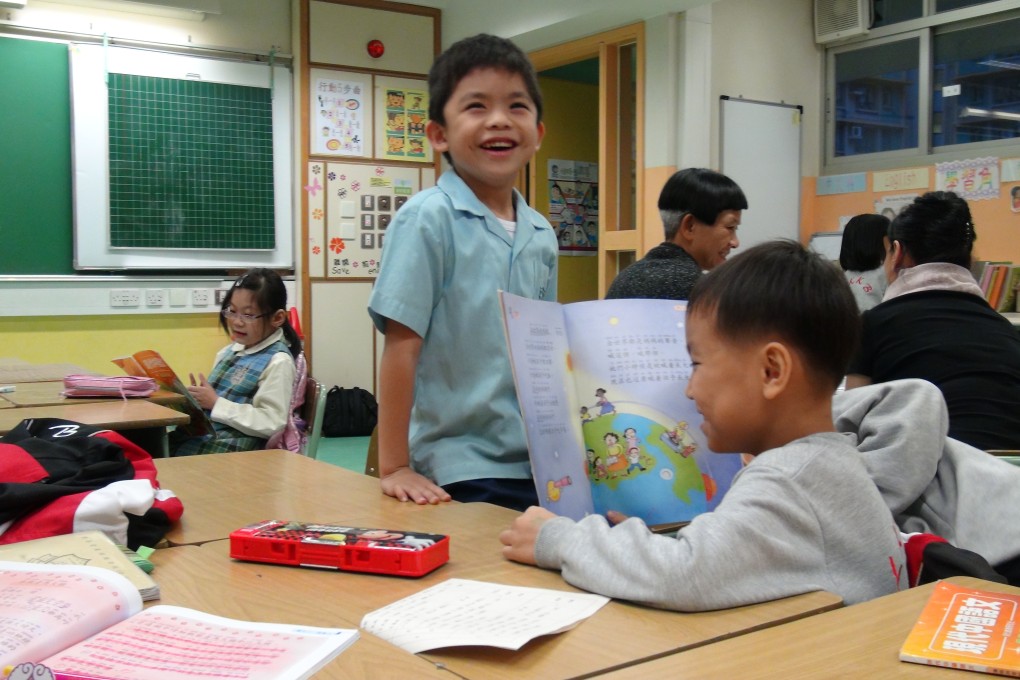A helping hand for Hong Kong's disadvantaged children
Matthew Cheung promotes the benefits of after-school learning support schemes

In a recent exclusive interview with this newspaper, I shared the government's strategy to unleash the potential of the local workforce in face of a fast-ageing population and a shrinking labour force.
Among the measures to boost labour supply is the substantial enhancement of childcare services. My interview has drawn some interesting feedback, with some doubting the effectiveness of the proposed after-school learning and support programmes for underprivileged children in attracting mothers back to work.
Allow me to elaborate on our thinking behind the HK$200 million scheme under the Partnership Fund for the Disadvantaged, which is designed to attract contributions from business corporations on a dollar-for-dollar matching basis.
The proposal would be a win-win formula. While it is one of the supporting measures to help women balancing their family and work commitments, its primary aim is to facilitate the development of children from grass-roots families.
We fully respect the choice of women and appreciate that some would prefer to take care of their families rather than pursue careers. However, many female homemakers would like to work, given the necessary support and employment opportunities. Indeed, according to a government census in 2011, there were about 500,000 female homemakers of working age, and 8 per cent of them (about 41,000) said they were prepared to enter or rejoin the labour market given suitable childcare and family support.
During the public engagement on population policy, as well as my contact with grass-roots families, the feeling was strong that the lack of sufficient childcare services was one of the major obstacles for housewives who would like to join or rejoin the workforce.
The government, therefore, launched a host of enhanced childcare and after-school care services to help women balance their family and work commitments. However, there is much more to it than that.